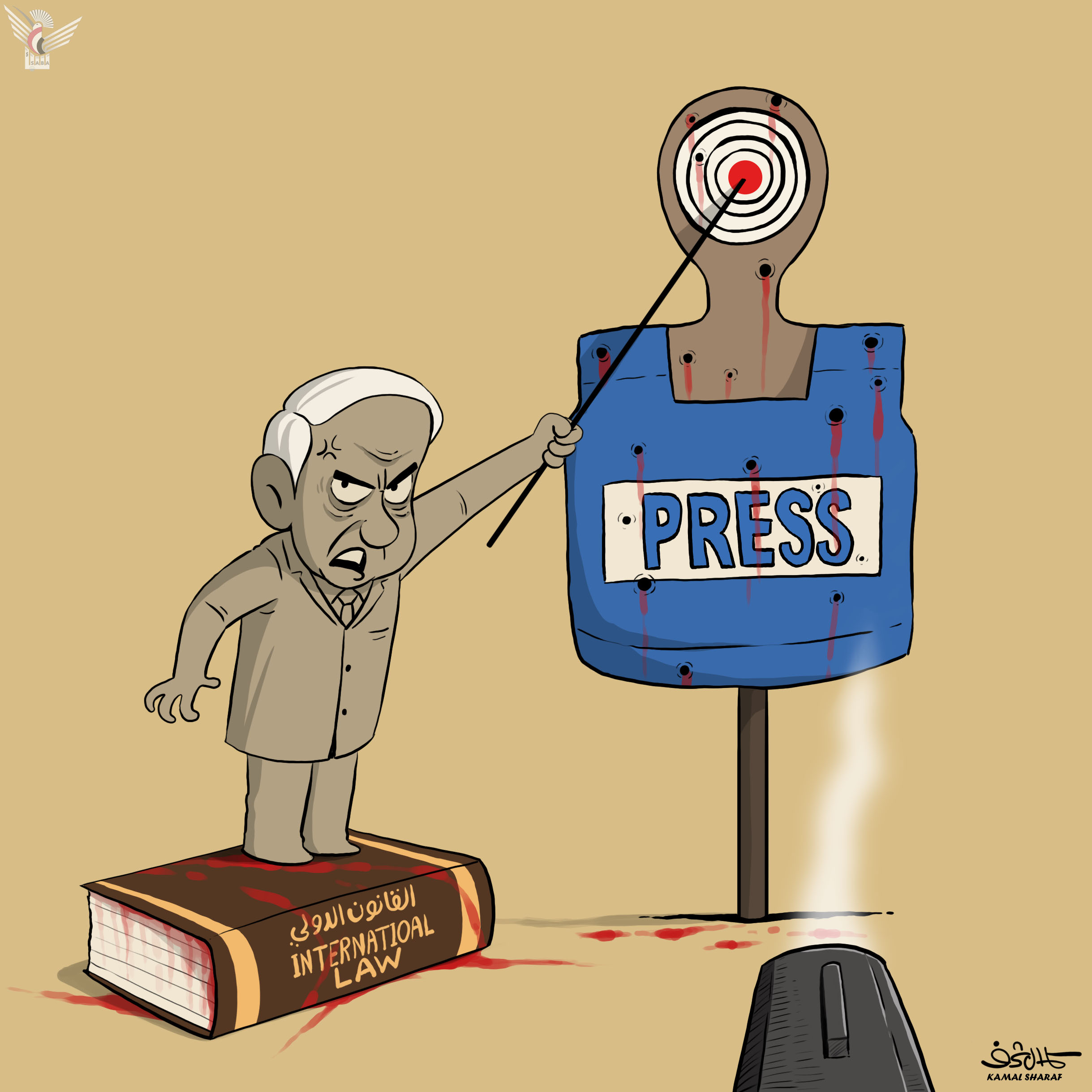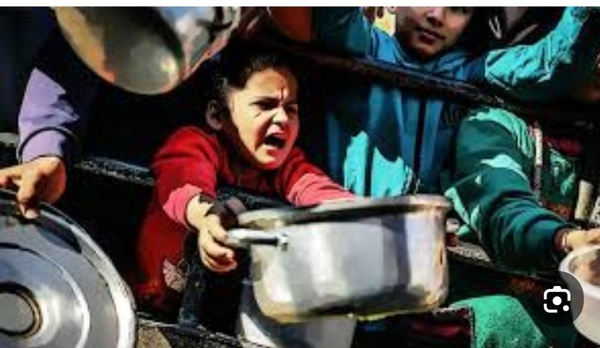Gaza – Saba:
The spokesperson for the International Committee of the Red Cross (ICRC) in Gaza, Hisham Mahna, stated today, Monday, that the humanitarian situation in the Gaza Strip remains far from the desired recovery, amid limited humanitarian aid and restricted entry of aid trucks into the area.
Mahna told the Palestinian news agency "Safa" that “the shortage of humanitarian support, widespread chaos, and the failure to deliver aid to those in need in adequate quantities and timely manner are exacerbating the humanitarian crisis in the Strip.”
He continued, “The Gaza Strip must be flooded with aid and all necessary humanitarian support and tools, in the required quantities and diversity. This support must cover all devastated sectors, including healthcare systems, water and sanitation infrastructure, and the severe food crisis.”
Mahna stressed the need for security guarantees that would allow relief workers to deliver humanitarian aid to beneficiaries while preserving their human dignity.
He confirmed that ongoing military operations in the Strip and evacuation orders hinder humanitarian work, amid a dangerous environment exposing humanitarian actors to harm due to continuous attacks, such as the recent targeting of the Red Cross headquarters in Khan Younis last week.
Mahna pointed out that the vast majority of the Strip’s area is either under Israeli enemy control or in zones subject to evacuation orders, creating an impossible environment for humanitarian work.
He emphasized that international humanitarian law is clear and unequivocal: civilians, civilian objects, health facilities, and medical personnel must be protected, and all parties must prioritize this protection regardless of circumstances.
Mahna noted that there is no legal or ethical justification for allowing the humanitarian situation in Gaza to continue as it currently is.
The ICRC spokesperson explained that Red Cross and civil defense teams suffer greatly, firstly as civilians living in Gaza, and secondly due to their inability to safely reach those most in need to save lives.
He added, “This heavily burdens humanitarian teams and places them under psychological distress because they cannot save these people.”
The Gaza Strip is witnessing deteriorating health and living conditions, alongside a severe shortage of food, medicine, and fuel, as a result of the genocide crime and the strict siege imposed by the Israeli occupation army, signaling an escalating humanitarian disaster threatening the lives of the population.
Since March 2, the Israeli occupation army has closed all crossings leading to Gaza, preventing any humanitarian aid from entering, plunging the Strip into a state of famine despite the accumulation of relief trucks at its borders.

| more of (International) |




